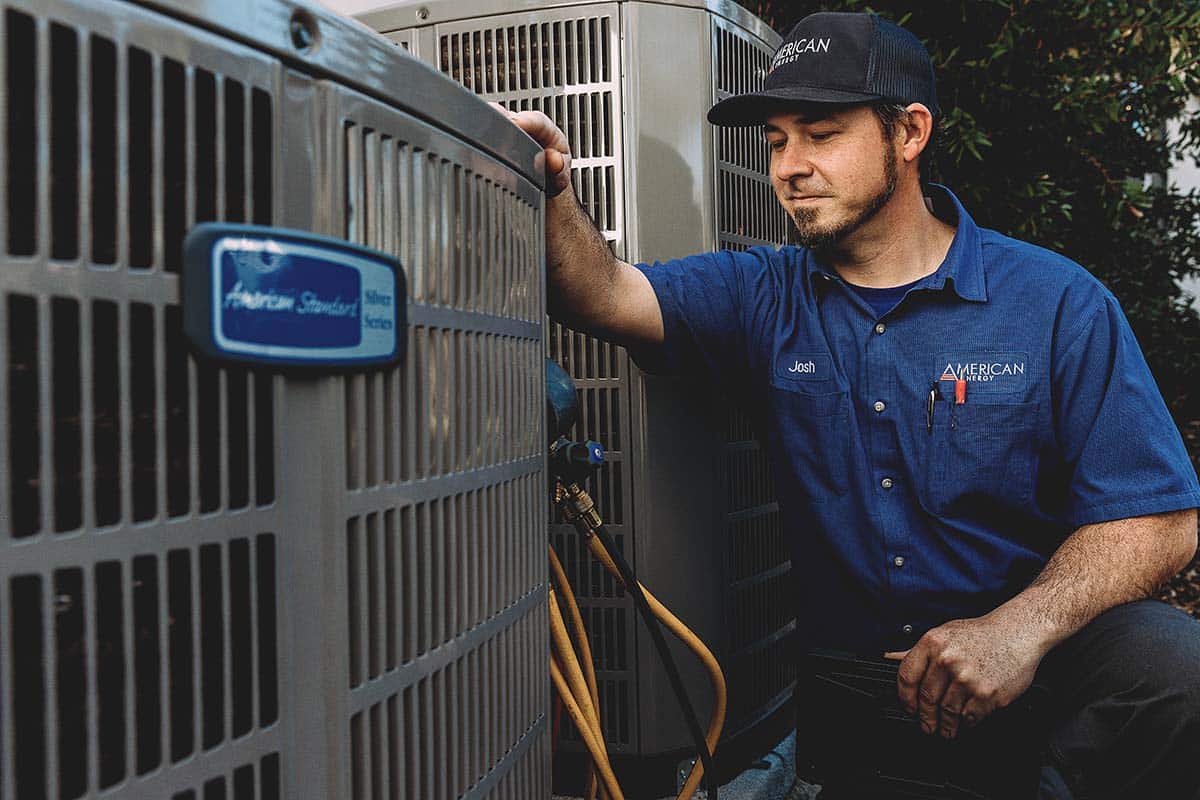
What Is The Average AC Repair Cost?
Introduction
When summer rolls around, our air conditioning units become our best friends, providing us with relief from the sweltering heat. But what happens when these essential appliances break down? Suddenly, we’re left sweating and worrying about how much it will cost to get them repaired. Understanding AC repair costs can seem overwhelming, but it doesn’t have to be! This comprehensive guide will walk you through everything you need to know about average expenses associated with air conditioning repair and introduce you to the intriguing $5000 rule.
Understanding AC Repair Costs: What You Need to Know About Average Expenses and the $5000 Rule
The notion of AC repair costs can vary wildly based on several factors such as the type of unit, age, and specific issues. On average, homeowners can expect to pay anywhere from $150 to $1,200 for standard repairs. More complex problems may push this estimate up even further.

Why Do Air Conditioning Units Break Down?
Before diving into costs, let’s talk about why air conditioning systems fail American Energy Heat & Air in the first place. Common culprits include:
- Dirty Filters: If your filters are clogged, airflow decreases significantly.
- Refrigerant Leaks: Low refrigerant levels can cause your unit to freeze up.
- Electrical Issues: Faulty wiring can lead to complete system failure.
By understanding these common issues, you can take proactive steps to maintain your unit and possibly save on repair costs.
What Is the $5000 Rule?
The $5000 rule is a guideline often suggested by HVAC professionals that indicates if your air conditioning repair costs exceed 50% of the cost of a new unit (usually around $5,000), then it may be more economical to invest in a replacement rather than a repair. This rule is particularly useful for older units that may continue requiring repairs in the near future.
Factors Influencing Air Conditioning Repair Costs
To truly grasp what you're looking at in terms of expenses, consider these key factors:
1. Type of Air Conditioning System
Your system type plays a big role in determining repair costs:
- Central Air Conditioning: Typically higher costs due to complexity.
- Window Units: Generally more affordable repairs.
2. Age of the Unit
Older units tend to require more frequent repairs and parts may no longer be manufactured.
3. Seasonal Demand
During peak summer months, demand for HVAC services skyrockets which can lead to increased prices.
4. Geographic Location
Costs can vary significantly depending on where you live; urban areas usually have higher labor fees compared to rural locations.
5. Extent of Damage
Minor fixes like replacing a capacitor might only cost $150 while major repairs could run into thousands.
Common AC Problems and Their Average Costs
Let’s explore some common air conditioning issues alongside their average repair costs:
| Problem | Average Cost Range | |-----------------------------|----------------------| | Refrigerant Leak | $200 - $1,000 | | Compressor Replacement | $1,300 - $2,500 | | Capacitor Replacement | $150 - $400 | | Thermostat Repair | $100 - $300 |
Note: Prices may vary based on location.

How To Maintain Your Air Conditioner To Avoid High Repair Costs?
Regular maintenance is crucial for prolonging the life of your unit and avoiding costly repairs:
1. Change Filters Regularly
Changing your filters every 1-3 months helps maintain efficiency.
2. Schedule Annual Check-ups
Professional tune-ups can catch potential issues before they escalate into expensive repairs.
3. Keep Outdoor Units Clean
Debris around outdoor units can restrict airflow leading to overheating.
4. Monitor Performance
If you notice any unusual noises or reduced cooling capacity, address those concerns immediately!
DIY vs Professional Repairs: Which Is Right For You?
Many homeowners wonder whether they should attempt DIY repairs or call a professional technician.
When To Go DIY
- Minor issues like changing filters or cleaning coils.
When To Call A Professional
- Complex problems like electrical failures or refrigerant leaks require expert knowledge.
Always weigh your comfort level with home repairs against potential risks involved in DIY work!
The Importance of Choosing The Right HVAC Technician
A skilled technician can make all the difference in both effective service and pricing transparency:
What To Look For In An HVAC Technician
- Certifications and licensing
- Positive customer reviews
- Warranty offerings
Taking time to research technicians ensures that you receive quality service at fair prices!
FAQs About AC Repair Costs
What is the average lifespan of an air conditioning unit?
Most systems last between 10-15 years with proper care; however, older models may break down sooner.
How often should I service my AC unit?
An annual check-up is typically recommended before peak cooling seasons begin.
Can I use my warranty for repairs?
Many new units come with warranties; check your documents for specifics regarding coverage!
Is it worth repairing an old air conditioner?
If repair costs exceed 50% of replacement value (around $5,000), consider investing in an upgrade instead!
What signs indicate that my AC needs repair?
Look out for unusual noises, insufficient cooling, or frequent cycling on/off as signs that something's amiss.

Are there any hidden fees associated with AC repairs?
Always ask technicians upfront about potential additional charges such as emergency service or parts markup!
Conclusion
Understanding AC repair costs is essential for making informed decisions regarding upkeep or replacement of your system. Familiarizing yourself with common issues and knowing when it's wise to invest in repairs versus a complete replacement using the insightful "$5000 rule" will empower you as a homeowner during those hot summer months when every minute counts!
Remember that while DIY fixes might save some cash initially, sometimes it’s better left up to professionals who bring expertise along with peace of mind—because nothing's worse than being left without cool air just when you need it most!